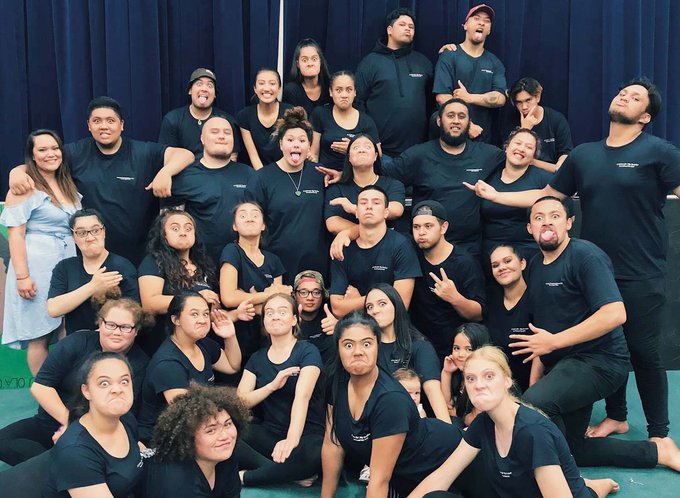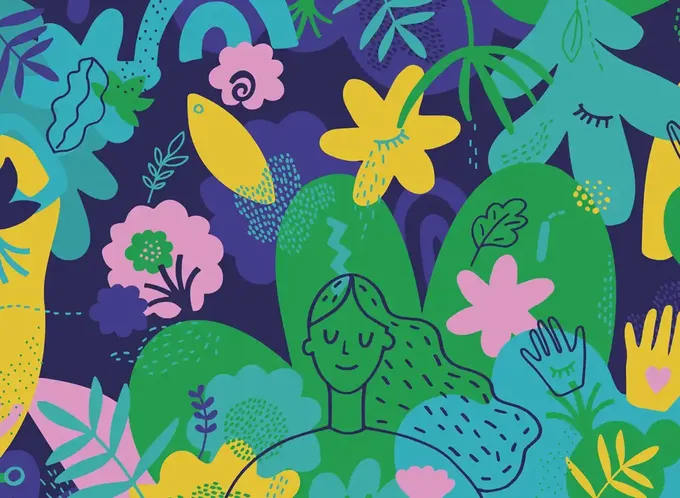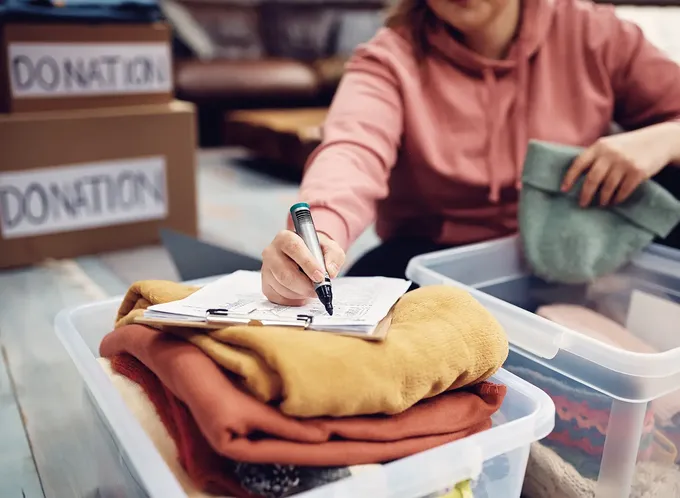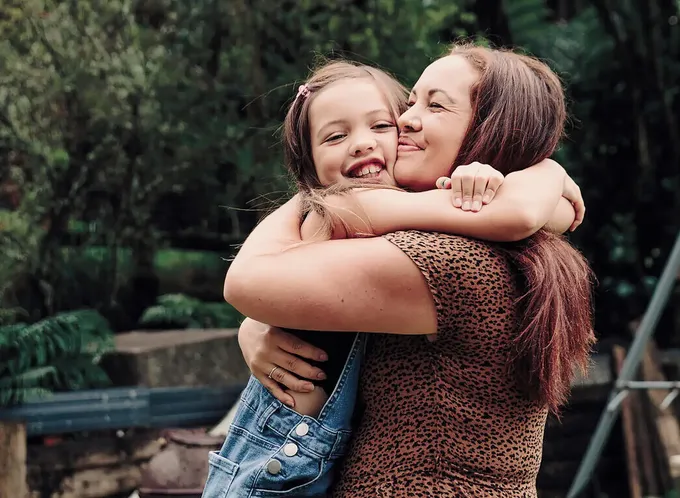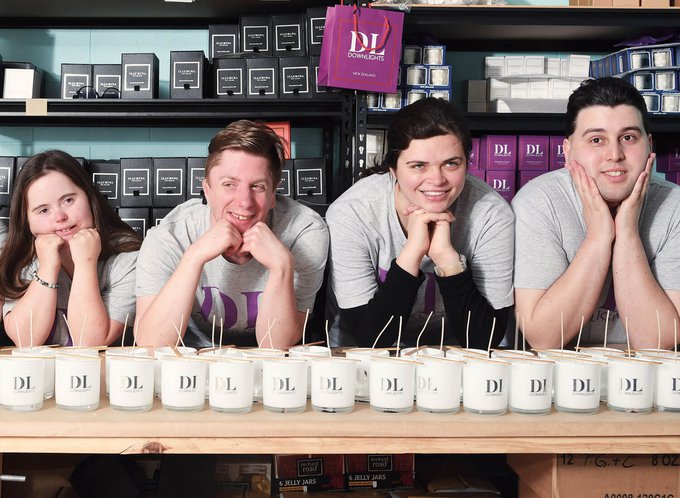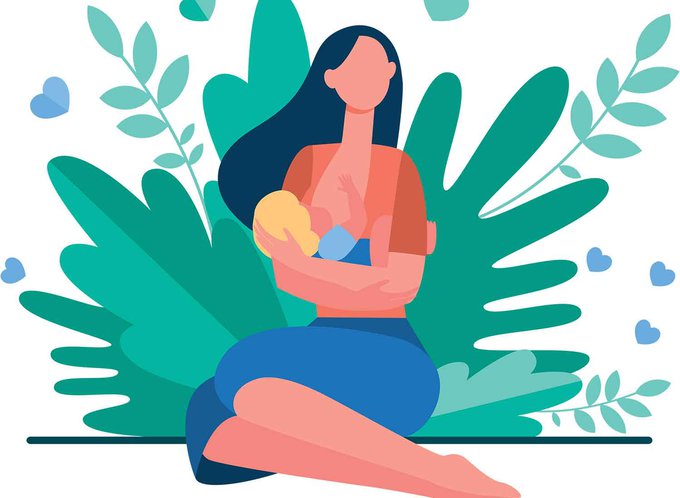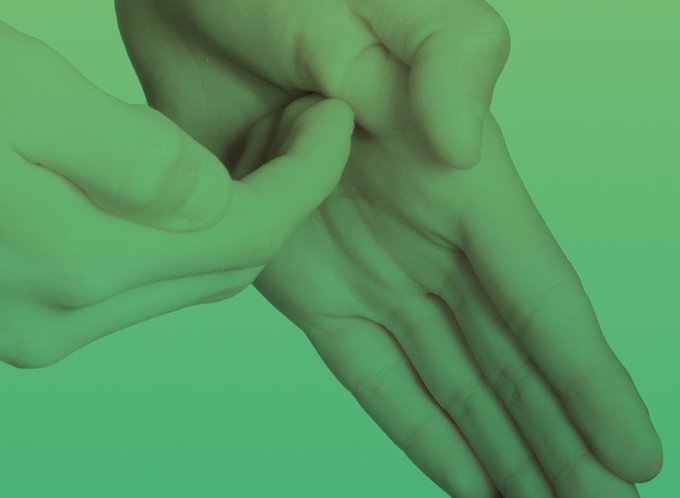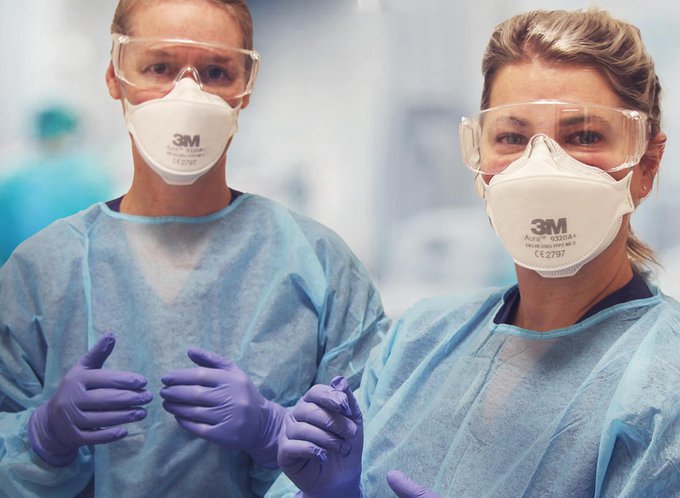Through her role at health agency Toi Tangata, Renei Ngawati is on a mission to support more Māori health workers to speak te reo Māori. It’s a massive project, but with hard mahi and backing from the MAS Foundation, she’s seeing her vision come to life.
Like many of us, Renei Ngawati’s career has been full of twists and turns. She’s been a university lecturer, researcher and student mentor, and later she turned her hand to workforce development.
Over her many years working in the Māori health space, she’s noticed an ongoing dilemma. There is growing demand for Māori in health roles and kaupapa Māori services yet little focus on a key factor for both sides – te reo Māori as part of the Māori health workforce.
With a generation of tamariki Māori (children) who are fluent reo Māori speakers, more families want to have their children spoken to in te reo Māori and to have services delivered in a way that aligns with Māori values.
The problem is, the demand for healthcare workers who speak te reo Māori currently outweighs the number of people in the workforce who are able to do so.
And the solution stretches beyond part-time reo Māori courses. It’s all part of a broader issue that takes in questions around health equity and access, rights under the Treaty of Waitangi, long-standing discrimination and assumptions around how and where te reo Māori is used. As it stands, it’s not fair to put extra work on those that do have reo Māori knowledge, and it’s not fair to blame those who don’t.
The complexities aren’t lost on Renei, who spearheaded the initiative He Puna Reo Hauora to help bridge the gap between kaimahi hauora (Māori health professionals) and hapori Māori (Māori communities).
“Our whānau deserve to have their reo, to be able to speak in te reo and to access hauora-based services (health based services) in te reo,” she says. “Te reo Māori is fundamental to mātauranga (Māori knowledge) and to Māori wellbeing. But you can’t just drop anyone aged over 40 because they aren’t confident to speak te reo Māori, as they may not have gone to kōhanga reo. You can’t just leave them behind.
“We also can’t only rely on first-language speakers to fill that gap. Investment into kaimahi Māori (Māori workers) who know our people is crucial. Boosting their reo skills and their confidence as community connectors will help create the health outcomes we need.
“Around the time this kaupapa (project) was first put on the table, te reo Māori suddenly became cool to everyone. And the enrolments from non-Māori in te reo Māori courses just skyrocketed. And that was awesome, it’s great. But it’s also taking up seats. There are many barriers to Māori enrolling in courses, including the financial barriers to full-time learning, the whakamā (shame, embarrassment) of our people and their own trauma that they carry.That was stopping them from walking in the door. So it got me thinking, how can we help this? How can we remove some of the barriers that are preventing our kaimahi hauora (Māori health workforce), particularly our community health workers, from learning te reo Māori?”
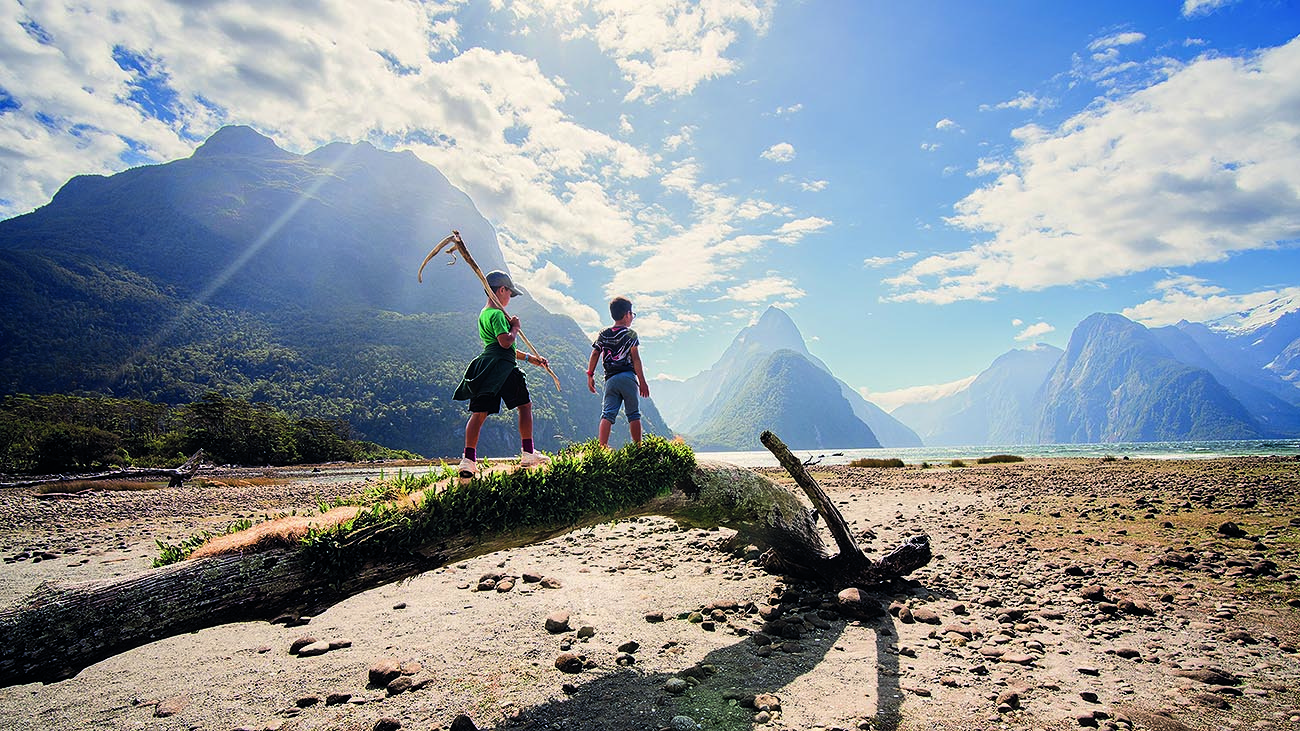
Steps to making change Renei and the Toi Tangata team set to work with focus groups and online sessions, canvassing responses from throughout the healthcare sector. “People came back to say they wanted to do immersion learning in te reo but couldn’t afford it or couldn’t take the time off work. Others said they didn’t want to take a one hour a week lesson in a workplace environment. Responses were varied but exactly what we thought.”
With a clearer picture in mind, MAS Foundation came on board to support the feasibility study into whether the concept of Puna Reo, a dedicated Māori workforce development scheme to increase the use of te reo Māori in the health sector, would work.
“MAS Foundation was amazing,” says Renei. “They supported us not only with funding but help with how to get other funders on board and how to make the right connections.”
Ultimately, Renei’s dream with Puna Reo would be to secure enough funding to financially support small groups of Māori healthcare workers in full immersion reo Māori learning. “If I can get just one or two hauora Māori supported to take a year off to learn te reo Māori, with their salary covered, just imagine. Imagine the opportunity!”
For Renei (Ngāti Hine, Ngāti Porou), the work is exhausting but uplifting. As a single mum of four (one now an adult and “three little crazies”), she fits developing the Puna Reo project around her other role at Sport NZ.
“It has been really difficult to be honest, because at times it’s felt slow, especially with acquiring various funding. But getting the positive feedback that we’ve had has helped me to keep going.”
Last year, the hard work finally came to fruition on a parallel project, when the first Toi Tangata Kura Reo was held in Rotorua. It was three invigorating days of reo Māori in a learning space fit for those who work in health, and plans are already afoot to offer similar experiences in other parts of the country.
“The demand is there. For kaimahi Māori (Māori workers) working with whānau, you don’t necessarily have to communicate fully in te reo, but whānau have the right to.
It’s not a privilege to be able to speak te reo Māori, it’s a right.
And it’s not for the Māori that can only speak te reo Māori, it’s for all Māori. They are the faces our people see, so they should speak the reo our people need,“ says Renei.
“These projects have been like joining all the different things of my whole working life together. And if supporting more people in learning te reo Māori is the output of it all, that would be amazing.”
Toi Tangata’s He Puna Reo Hauora project is proudly supported by MAS Foundation.
Head of Foundation Dr Julie Wharewera-Mika says, “Embracing te reo Māori learning opportunities not only enriches workforce capability and health outcomes for Māori but also fosters a resilient cultural identity, empowering Māori aspirations and thriving communities."
Likewise, Head of Foundation Mafi Funaki-Tahifote shares, “We had the privilege of working with Toi Tangata because this project aligns very closely with our pro-tiriti, pro-equity and pro-equity system approaches to better Māori health and wellbeing outcomes.”
Know someone who might enjoy this?
Read this next
-
November 2022
The art of empowering rangatahi
-
August 2023
Ringa raupā supporting their communities
-
November 2023
Old wisdom, new science
Greater good
See all-
March 2021
Candles for a cause
-
March 2021
Helping Kiwi babies thrive
-
March 2021
Creating a Deaf-inclusive Aotearoa
